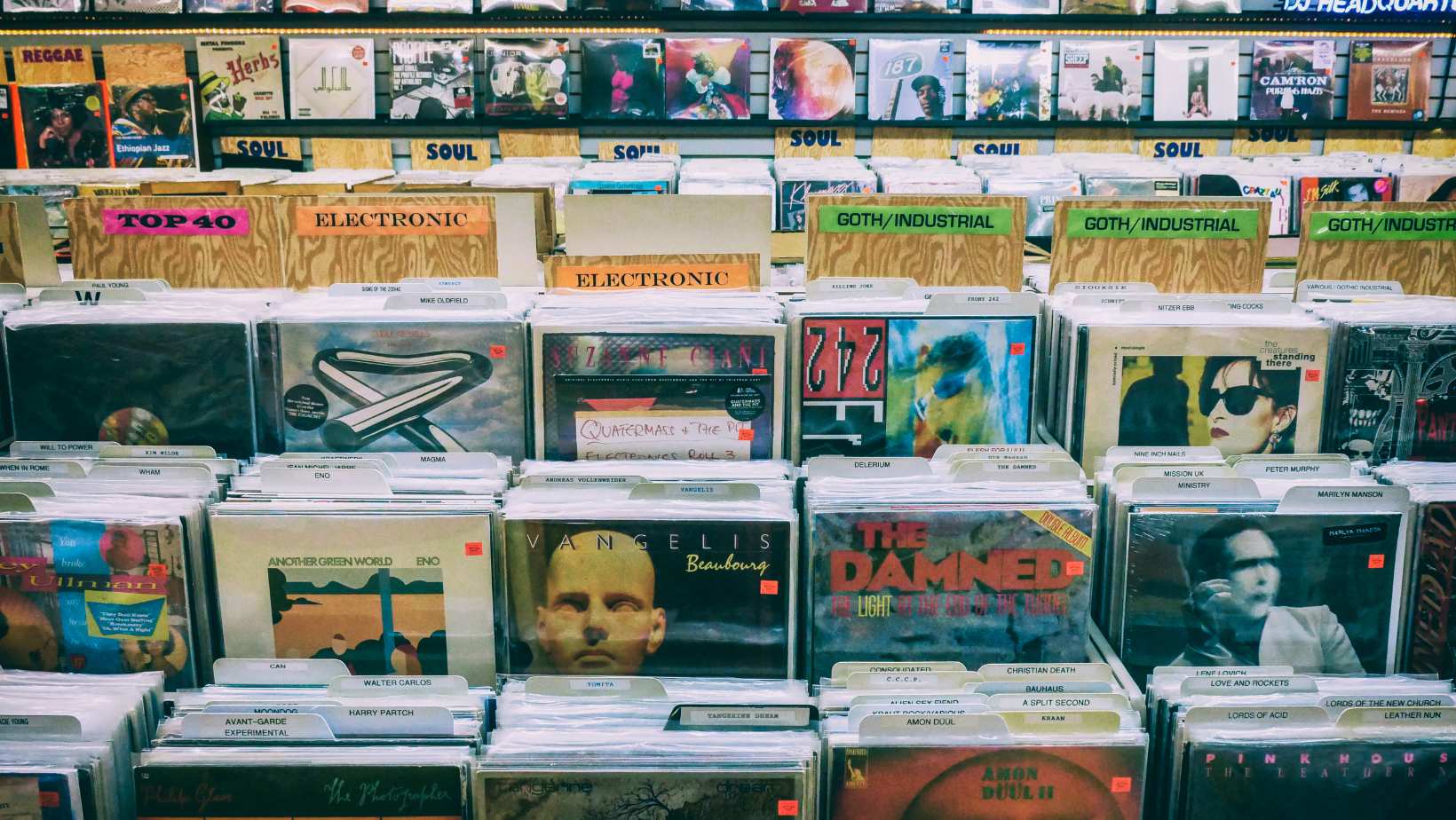In the symphony of the digital age, music technology companies are the conductors, orchestrating a revolution that’s changing the way we create, consume, and connect with music.
So, let’s dive into the dynamic world of music technology companies, and explore how they’re tuning the industry to the rhythm of the 21st century.
Music Technology Companies
Entering into the world of music technology companies reveals a dynamic landscape, replete with game-changing applications of advanced technologies. They’ve turned tuning in to a melody into a grander experience, opening new possibilities and models for the music industry.
Role in the Music Industry
Music technology companies have hardwired innovation into the music industry. Substantially impacting the music creation processes, they’ve afforded versatility and unrestrained creativity to artists. For listeners, the experience of music has been intensified with immersive audio and smart controls. With the launch of streaming services, these companies have eradicated borders, presenting local music on an international plateau. Moreover, earning from music is no longer a Herculean task for emerging artists—thanks to platforms like Patreon and Bandcamp, that allow direct patronization.
Major Players in Music Technology
Music technology, an amalgamation of art and advancements, has key players whose contributions have fundamentally altered the industry’s landscape. These luminary companies fall into two categories: large corporations and startup innovators.
Large Corporations
 Large corporations, known for their expansive resources and commendable influence, play a pivotal role in the music technology industry. Companies such as Apple, Spotify, and Amazon lead this category.
Large corporations, known for their expansive resources and commendable influence, play a pivotal role in the music technology industry. Companies such as Apple, Spotify, and Amazon lead this category.
Apple’s contribution to the music industry is remarkable, thanks to its iTunes platform and innovative Apple Music streaming service. With more than 72 million subscribers as of 2020, Apple Music has cemented its place in the music tech sphere.
Unarguably, Spotify, a giant in the industry, has transformed the way listeners access music. Boasting over 381 million active users in 2021, Spotify has made music streaming more accessible and affordable for the mass market.
Amazon’s entry into music tech with Amazon Music and Echo devices has further diversified the industry. According to numbers compiled in 2020, Amazon Music has amassed around 55 million users, solidifying its position amongst major music tech companies.
Startup Innovators
 In contrast to large corporations, startup innovators bring fresh solutions to the music industry. Companies like SoundCloud and Bandcamp epitomize the startup culture in music tech.
In contrast to large corporations, startup innovators bring fresh solutions to the music industry. Companies like SoundCloud and Bandcamp epitomize the startup culture in music tech.
SoundCloud, a platform that caters to different music genres and communities, rewards experimentation. With approximately 175 million users, it provides a gateway for undiscovered and emerging artists.
Other startups like Bandcamp have changed the dynamics of artist-fan interaction. They have democratized music by providing independent artists a platform to showcase their work and earn from it directly.
Impact of Music Technology on Artists and Producers
Music technology’s influence extends to various aspects of an artist’s and producer’s work and growth. Innovations have enhanced music creation, distribution, and accessibility, thereby defining new dynamics within the industry.
Tools for Music Creation
Spearheading the revolution in music creation, today’s tech companies offer advanced tools that shape how artists craft their work. Software suites like Ableton Live and GarageBand have made music production accessible in a home setting. They replace outmoded infrastructure, eliminating the need for large, expensive physical equipment.
Distribution and Accessibility
 The digital landscape also changed the scene for music distribution. Streaming platforms such as Spotify and Apple Music offer a massive audience to artists of any scale — from established names to budding talents. As a result, music is now more accessible than ever, and artists have the opportunity to reach listeners globally at the click of a button.
The digital landscape also changed the scene for music distribution. Streaming platforms such as Spotify and Apple Music offer a massive audience to artists of any scale — from established names to budding talents. As a result, music is now more accessible than ever, and artists have the opportunity to reach listeners globally at the click of a button.
Music technology companies are indeed the game-changers in today’s music industry. They’ve turned smartphones into studios, made music production accessible to all, and introduced groundbreaking solutions like streaming services. Titans like Apple, Spotify, and Amazon have left indelible marks, while startups such as SoundCloud and Bandcamp have brought fresh perspectives. Advanced tools and virtual instruments have made music creation, distribution, and accessibility a breeze. Streaming platforms have revolutionized distribution and fostered a direct artist-audience connection.

